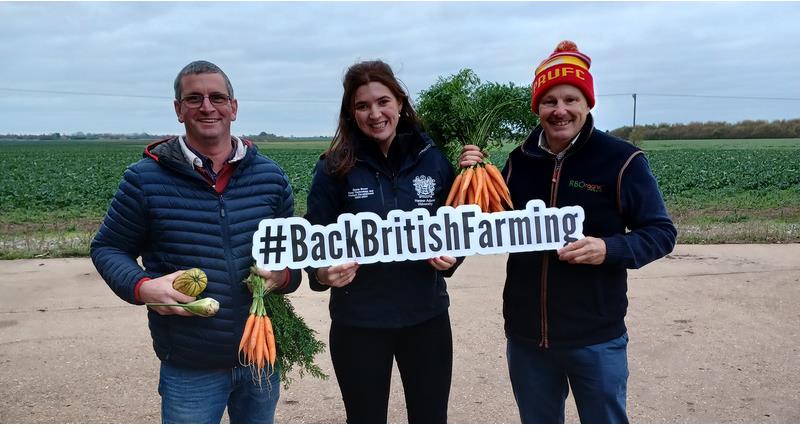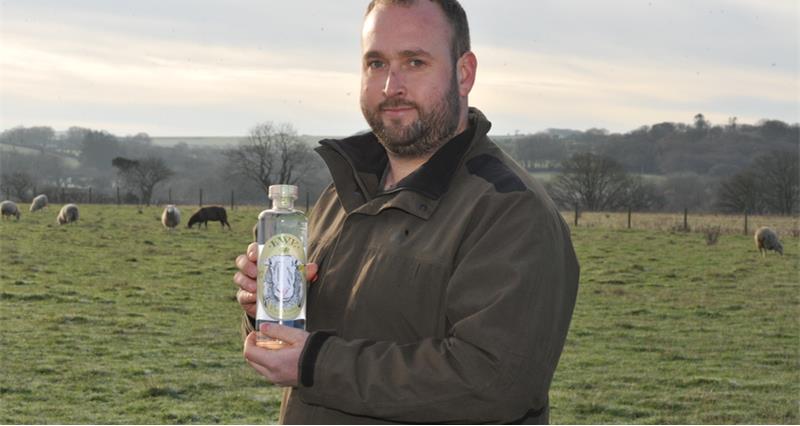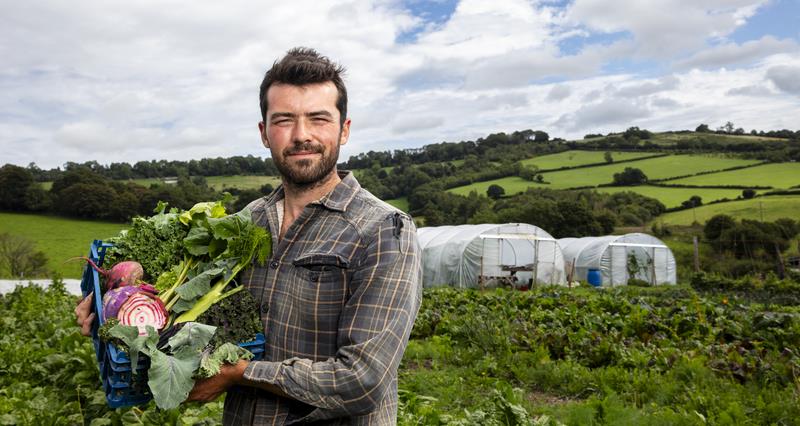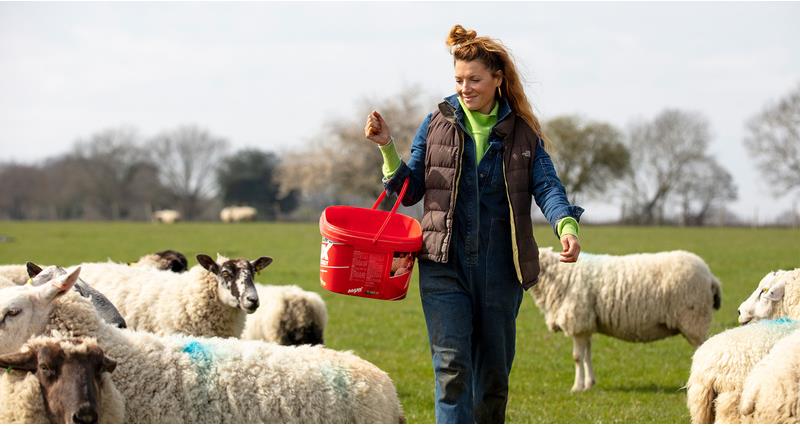The process of starting a farm enterprise from scratch is both daunting and exciting, turbulent and grounding. Any enterprise start-up requires a level of dedication, motivation, resilience and diligence, but for farming businesses this is all amplified ten-fold. The good news is, so are the rewards.
 From little shoots
From little shoots
I began working on regenerative farms as a teenager, gaining experience in New Zealand, Australia, India, Thailand, Vietnam, Israel and Palestine, returning home, aged 19, where I soon began establishing a small quarter-acre leased market garden plot.
This opportunity came up through various work and volunteering at local farms and community gardens. Growing a few cabbages for a local shop soon expanded to 30 veg boxes for local families delivered by bike, then 80 boxes by 2021, 120 weekly boxes by 2022.
Amazing community support
Our growing area has expanded after proving a small and successful model, then gaining amazing support from our community to collectively purchase land for our long-term security and vision to be implemented.
From this 15.5-acre farm in Somerset, we are now generating £154,000 of annual revenue from nearly 200 veg boxes and 12 wholesale outlets, employing five living wages on the farm and three paid trainee growers each year.
Starting from scratch
I started with no money, no land, no farming background – and no idea, really! Living on a 23ft canal boat from age 16, I built up the business from its own income – small and slow for years.
It came with challenges, but this has been vastly outweighed by the joys; the land reconnection, the daily purpose and drive it gives me and now, a settled livelihood and thriving team enterprise with my mates!
Stories of entrepreneurship are too often based on the successful, ‘heroic’ efforts of one individual, often male, privileged and endowed with start-up capital, land and good ‘luck’. In contrast, this start-up owes its success to deep collaboration with nature, co-growers and community.
Friends joined forces
The business and farm really kicked off when my best friends and fellow growers joined the mission and vision for a resilient local food system – healthy fresh veg grown organically and delivered by bike from farm to door.
We built the enterprise and permaculture land plan with shared values and long-term vision. Alongside this underlying commonality, it is the different skills and perspectives that makes for dynamic collaboration.
A balancing act
Balancing the head, heart and hands is crucial – and this is the core of our success. Having amazing people on the team that can connect communities and hold the vision (the heart), people that bring the business brains and enterprise logic (the head) and the essential practical skills for a farm (the hands). Balance these in your business start-up and you will begin to thrive.
You don’t have to do it all, and it’s much more fun with friends. Collaboration is also more resilient and distributed; essential for a future fit farm as we are each able to take holidays, rotate roles and rest – a paradigm shift for farming which could help tackle issues in the industry from mental health to business fragility in the changing economic and physical climate.
Training new starters
At the core of our mission is training three paid apprentices each year. These new entrant farmers learn the basics of enterprise and regenerative farming to take into their own projects with our support.
Rather than our business scale growing individually, we prioritise reaching appropriate ecological scale, then refining, pollinating and multiplying for a resilient, distributed and collaborative food system to emerge – which I am happy to say is happening!
Hamish's top tips to grow a successful and meaningful enterprise from the ground up
1. Start somewhere
- Develop a small and slow model as a first step, even if you don’t know the end game or how it might come about.
2. Harvest a diversity of experiences
- Gather learnings all along the way from all opportunities and interactions big and small.
3. Collaborate
- Share the joys and challenges of farming with business partners/family/friends, combine skillsets with shared values and aligned vision. Compromise where you need to for collaboration to work, or where you need to make it work economically in the early years – don’t be dogmatic or inflexible.
4. Don’t let doubts dominate
- It's fine to have pragmatic considerations for the where/why/how of the enterprise, but don’t let these doubts dominate over your passion, vision and hope to make it happen through these challenges.
5. Context
- Ask what makes your business relevant in this time and for future generations, this will make your enterprise stand out and gather momentum. For example, sustainability values, e-bike delivery, animal welfare standards, direct supply to community.
More from NFUonline:




